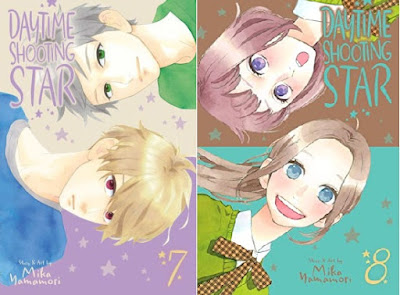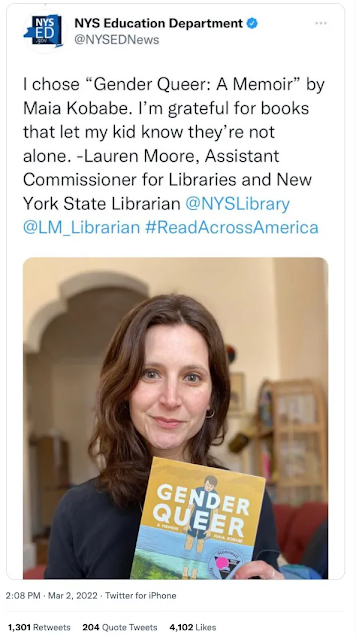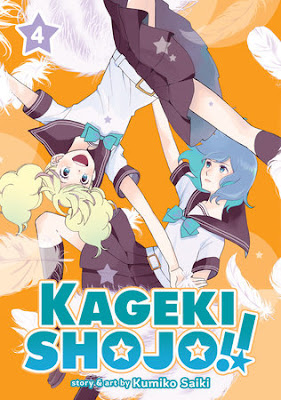Quick synopsis: Suzume moves from the country to Tokyo to live with her uncle when her parents go overseas (or something that parents seem to do in manga a lot). In Tokyo she meets a friend of her uncle's who just happens to be a teacher in her school. She falls for him. The question is whether he will fall for her, and whether anything will happen.
And so if you've been reading this blog for any length of time you know that it is that premise which really really pisses me off. Adults should not have anything to do romantically with children ever. Especially educators. And the frequent depiction of "May/December" relationships between adults and high-schoolers in manga is deeply upsetting to me because it appears to normalize something that shouldn't be normalized.
Adults should, if they become aware of some infatuation from a child, either 1) ignore it, 2) make clear that nothing can happen ever, 3) stop all interactions with the child, or 4) some combination of all three. That's where "After the Rain," although it starts by veering into not good territory, actually handles those three points quite well and we see how the adult guides the teen back to a better place and away from the adult.
Thankfully, although it isn't done with the elegance of "After the Rain", volume 7 of "Daytime Shooting Star" does finally show the teacher taking some responsibility for the path he is going on and perhaps trying to make it right. I don't want to give anything away, so I won't go into details, but it's a start to maybe some repair work in this series.
Volume 8 goes a bit further as it reintroduces the teen boy character, Mamura as a potential love interest of Suzume. What somewhat bothered me is how the author conveniently has Suzume's friend Yuyuka fall for someone else after she seemingly had her eyes only on Mamura. While this clears the path for Suzume and Mamura to eventually get together (which of course would be healthier for her), it felt too convenient and easy to just brush aside Yuyuka and her story arc.
I think back to one of my favorite series, "Ao Haru Ride," and how Futaba and Yuri must work through their mutual crush on the same boy and how it affects their relationship. That was so well written. I am doubting we'll get that level of depth of writing in "Daytime Shooting Star." But at least maybe we can see Suzume realize she's better off with a fellow teen her age.
What I'm a bit worried about is that the teacher still admits to the uncle that he loves Suzume. So although he appears to end things in Volume 7, why isn't he questioning himself as to why he got so emotionally (and almost romantically) involved with a child? Sounds like he needs some serious therapy. I doubt we'll get that level of depth in the writing either.
On the art side, I really do like the overall style. It's somewhere between the older shoujo style I love, and the newer more cartoony style. The facial expressions are great, and when it wants to, the art can be really well done. It's on the "plus" side for art quality.
Should you keep reading this? Who knows. I will because I want to see where it goes and because I hate having partial series on my shelf. That being said, although maybe it has taken a turn for the better, I don't see it handling the rest of the story with any more depth, nuance, or maturity than it handled the first half. So I still think this will end up as a so-so series.
✩🚺
Please legitimately purchase or borrow manga and anime. Never read scanlations or watch fansubs. Those rob the creators of the income they need to survive and reduce the chance of manga and anime being legitimately released in English.
All comments are moderated by a real person who only checks them once a day. Therefore, comments may take a while before they show up. Thanks for understanding. It's how we keep this a community of lovingkindness.





